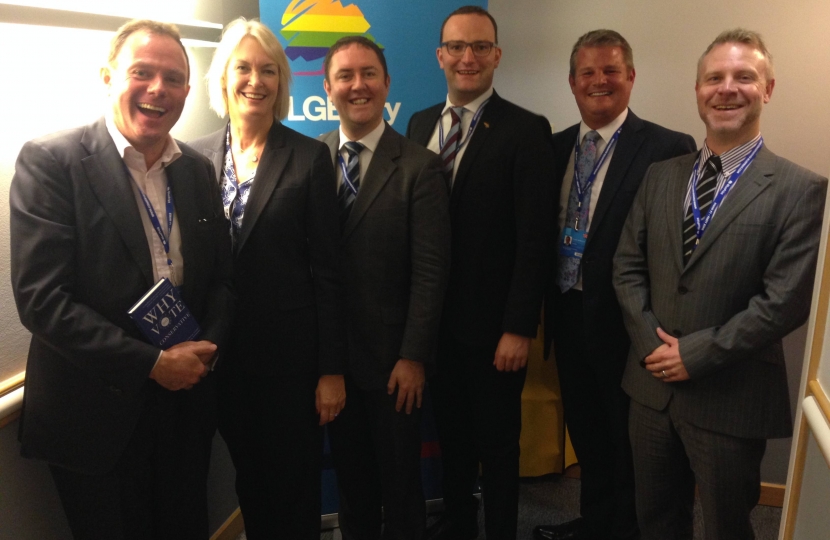
LGBTory’s first fringe meeting at the Conservative Party Conference was organised in co-operation with the Kaleidoscope Trust, a charity supporting LGBT rights internationally. The panel discussion asked the question “What should the next government do for LGBT rights in the world?” and was chaired by LGBTory’s Colm Howard-Lloyd.
The Kaleidoscope Trust’s Alistair Stewart opened up the discussion by giving an overview of what the current government is doing. The Conservative-led government has been supportive of LGBT rights in the world, but more needs to be done, especially in the Commonwealth where a majority of states criminalise homosexuality. Embassies are working on the issue, but we need to standardise how diplomatic missions address LGBT rights in the world. Kaleidoscope opposes the complete withdrawal of aid from countries which criminalise homosexuality, however, the next government needs to use aid more cleverly, specifically supporting LGBT communities. LGBT communities receive one one hundredth of one per cent of global aid (from all donors); they are disproportionately underfunded. On successes, one of the greatest achievements has been the overturning of Uganda’s anti-gay law. Also recently the UN Human Rights Council passed a resolution on LGBT rights. This required a certain amount of diplomatic nous to get it passed, including from UK.
Nick Herbert MP spoke about how while there is a continuing domestic agenda on LGBT rights, after equal marriage the focus has been able to switch to the international level. Now the Uk can speak from a position of authority and this is quite different from the United States which still has its own internal discussion. He agreed that he shouldn’t have a crude approach to aid as this can potential lead to less influence and not more. Nick recalled how he took part in the Euro Pride march in Warsaw at the behest of Prime Minister David Cameron. His presence was facilitated by the British Embassy and the UK Ambassador marched in the parade.
Stuart Andrew MP recalls how when he was attacked for being a gay man the police was on his side. He could not imagine what it would be like to be attacked in a country where the LGBT community doesn’t have the support of — and is actively discriminated against by — the authorities. Stuart repeated the call to use more aid to benefit the LGBT community. Studies could also be conducted to see what the cost is to their countries of anti-gay policies. He said that we need to make sure that every embassy is supporting LGBT rights in the world and that when APPG groups visit countries they need to ask embassies what they are doing on LGBT rights. They also need to be challenging ministers in those countries on their policies.
Jens Spahn MdB talked about how Germany has travelled a long way. Homosexuality was criminalised in German until the eighties. When David Cameron said that he supported gay marriage because he was a Conservative it was an inspiration to other centre-right parties like the CDU. There is work to be done in Europe, not just in developing countries. The CDU raises issues LGBT rights issues with EPP partners such as Hungary’s Fidesz. He spoke about how you need to address the issue head on. For example former German Foreign Minister Guido Westerwelle who is gay would regularly take his partner on official visits to countries which criminalise homosexuality.
Margot James MP spoke about when she was visiting Brazil with the Minister for Trade she was actively encouraged to talk to the local press about LGBT rights. It’s important that when MPs travel to third countries that they act as ambassadors for supporting LGBT rights. It’s also important to lobby for a large chuck on the Foreign Office and DFID funding to be used to support LGBT organisations in the world.
A lively discussion followed including questions on how to deal with wider public health issues, so-called “benevolent criminalisation,” how to build an international coalition to support LGBT rights globally and the role that business has to play.
